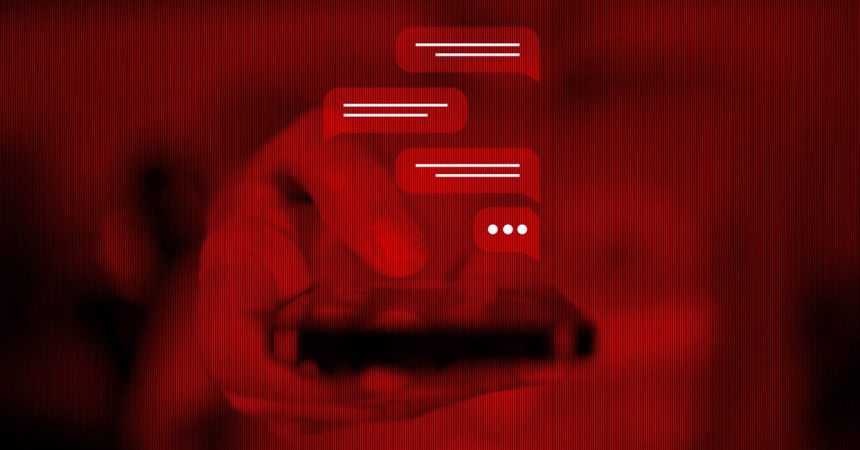Protecting your digital privacy in an era of expanding government surveillance and data breaches requires proactive measures, akin to decluttering a physical attic filled with remnants of the past. Just as archaeologists glean insights from ancient artifacts, your digital footprint can reveal sensitive information about your life, beliefs, and associations. While you may not have complete control over data compromised in breaches or collected by data brokers, you can take significant steps to manage the information you directly generate and store. This begins with addressing the often-overlooked treasure trove of old message histories.
Real-time chats, with their ephemeral nature, can easily lull us into a false sense of security. Without diligently enabling auto-delete features, if available, years of seemingly insignificant messages accumulate, forming a comprehensive record of our lives. The security implications of these stored messages vary depending on the platform. End-to-end encrypted platforms like Signal and WhatsApp offer a higher level of protection, as messages only reside on the devices of the communicating parties. Access requires direct control of the device, making interception more difficult, albeit not impossible.
However, conversations on platforms like Slack, Facebook Messenger (historically), and Google Chat are stored on cloud servers. While this data is typically encrypted to safeguard against theft, the platform provider holds the decryption keys. This means they can comply with government requests for your data, regardless of its age. While individual messages might seem trivial, the cumulative effect of years of chat logs can paint a detailed picture of your life, including your relationships, political views, and past activities. This underscores the importance of regularly purging old messages to minimize potential exposure.
Experts in the field of digital security advocate for routine digital cleaning, particularly concerning social media and old chat messages. Kenn White, a security principal at MongoDB and director of the Open Crypto Audit Project, emphasizes the evolving nature of individuals over time. He encourages users to question the necessity of retaining years-old inside jokes, sarcastic posts, and group chat messages, especially when transitioning to new devices. The digital baggage we carry forward may no longer reflect who we are today.
Several platforms offer features to facilitate this digital decluttering. Apple’s Messages app, for instance, allows users to automatically delete chat histories after a specified period (30 days, one year, or indefinitely). This setting can be accessed through the device’s settings menu. Slack’s free version automatically deletes data older than a year, while paid plans retain data indefinitely unless administrators configure rolling deletion. This distinction highlights the importance of understanding data retention policies on employer-provided platforms. While individual message or file deletion might be possible, policy-level decisions like automatic or batch deletion are usually beyond individual user control.
Beyond chat histories, the concept of digital decluttering extends to various online accounts and services. Consider social media platforms, email accounts, cloud storage services, and online forums. Reviewing and deleting old posts, emails, files, and forum contributions can significantly reduce your digital footprint. This process might involve downloading and locally storing data you wish to preserve before deleting it from the online platform. This provides an offline backup while removing the data from potential exposure or surveillance. Furthermore, consider deactivating or deleting unused accounts altogether. Accounts that remain dormant for extended periods can become vulnerable to security breaches, potentially exposing your personal information.
When undertaking this digital cleaning, prioritize accounts containing sensitive information, such as financial details, medical records, or personal identification documents. Scrutinize the privacy settings of active accounts, ensuring they align with your comfort level in terms of data sharing and visibility. Regularly review connected apps and services, revoking access for those no longer in use. This minimizes the potential for data leakage through third-party applications. Furthermore, strengthen your account security by enabling two-factor authentication wherever possible. This adds an extra layer of protection, requiring a second verification step beyond just a password.
In summary, protecting your digital privacy is an ongoing process, requiring vigilance and proactive management of your online presence. Regularly deleting old messages, reviewing and purging data from various online accounts, and strengthening your account security are crucial steps in minimizing your digital footprint and mitigating potential risks associated with government surveillance, data breaches, and unwanted access to your personal information. This proactive approach ensures that your digital legacy reflects who you are today, not who you were years ago.



